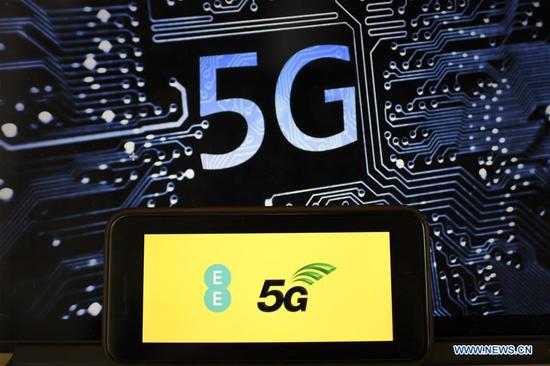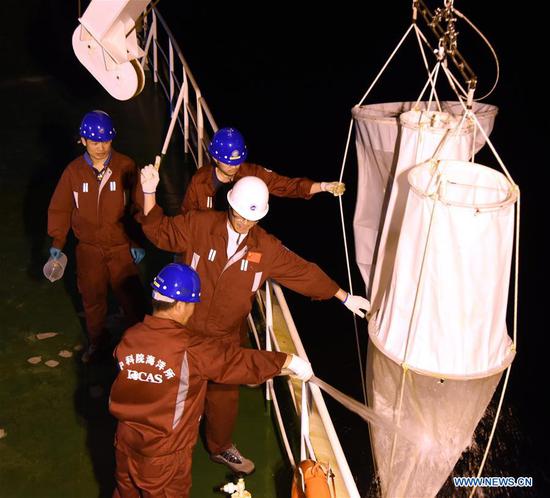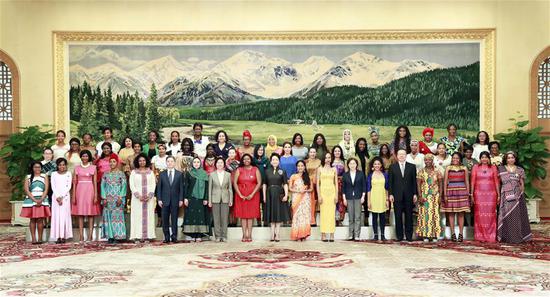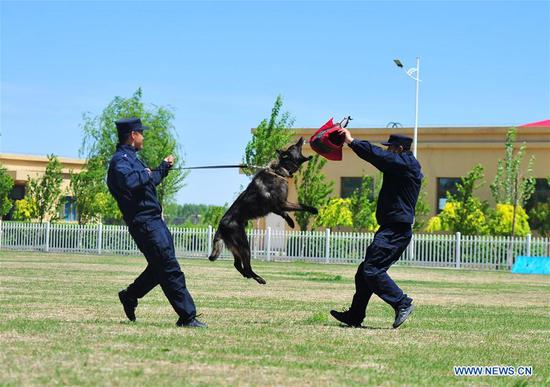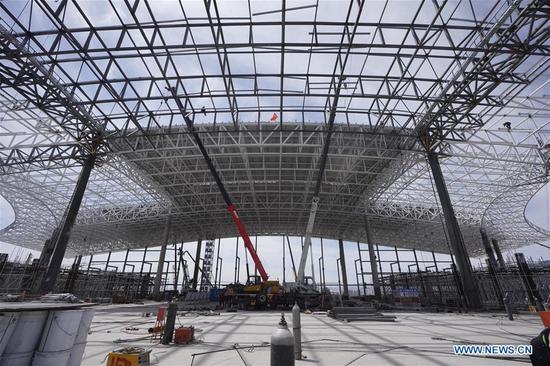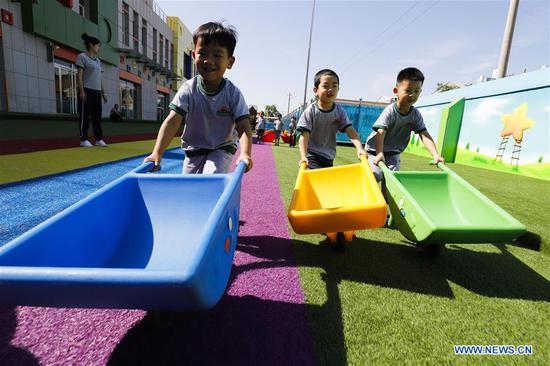Uncertainty over the deployment of Huawei equipment is starting to cause headaches for rural communications providers in the U.S.
First, the Federal Communication Commission announced it was contemplating cuts in funding to companies that use Huawei equipment to provide phone and internet service to rural areas.
Then U.S. President Donald Trump issued an order to bar U.S. telecommunications networks from acquiring or using equipment from foreign suppliers.
Next the Department of Commerce opened a 90-day window to allow companies relying on Huawei equipment for crucial services to continue operations for the time being.
The moves worry rural broadband companies that use Huawei equipment that they will be forced to replace their equipment with other brands, which would be costly. According to a report by Fierce Wireless, trade association Rural Wireless Association estimated that Huawei equipment is used by 25 percent of U.S. rural wireless carriers.
It is estimated that it would cost small providers $800 million to $1 billion to replace all of its Huawei equipment and could mean bankruptcy for many of the smaller operators.
Big providers like AT&T, T-Mobile and Verizon don't focus on providing wireless service to sparsely populated regions of only a few hundred or thousand, as the money is to be made in denser urban areas.
So rural America depends on smaller companies to keep them connected.
Jim Kail, president and CEO of one such company, LHTC Broadband, calls it unfortunate that his company is caught in the trade war between China and U.S.
LHTC Broadband, which employs over 50 people and is headquartered in Stahlstown, provides local phone, long distance, internet and cable television services to customers across 200 square miles of rural Pennsylvania.
In 2014, LHTC decided to use Huawei equipment to provide services to its 2,000 customers.
"Huawei is competitively priced and turned out to be good quality," said Kail. "The other products are good quality, but more of a price issue."
More than four years later, their project is close to completion, with remaining units still being deployed.
"We have to continue to work on the project. We are about done, toward the end of the project. The ban is up in air; we don't know what will happen," Kail said.
He is not convinced that Huawei equipment poses a threat to national security. He said he has yet to see proof that there is some sort of spying mechanism embedded in the equipment.
"If you have a true potential national security threat, how could you sign an offer, a bargain that allows you to continue? If it's a national security threat, you can't let somebody jeopardize your network, you can't compromise the issue," he said.
For him, the pressure is building.
"To the end users, this is a transparent solution," he said. "They don't know what brand is on the equipment. The customer doesn't care which vendor you are using."
Kail is worried about the effect the ban will have on public relations.
"With all the negative publicity going on, [customers] might become concerned about it. When you talk about spying and national security, people get a little scared. They might feel that they are being spied on," Kail said.
He estimated that it would cost his company one year of time and half a million dollars in supplies to replace all the Huawei equipment.
Kail said that with all the uncertainty, the company is being forced to abandon considering Huawei as the solution for new projects.
"We are caught in the middle of it. We just have to see how it will play out," he said.












